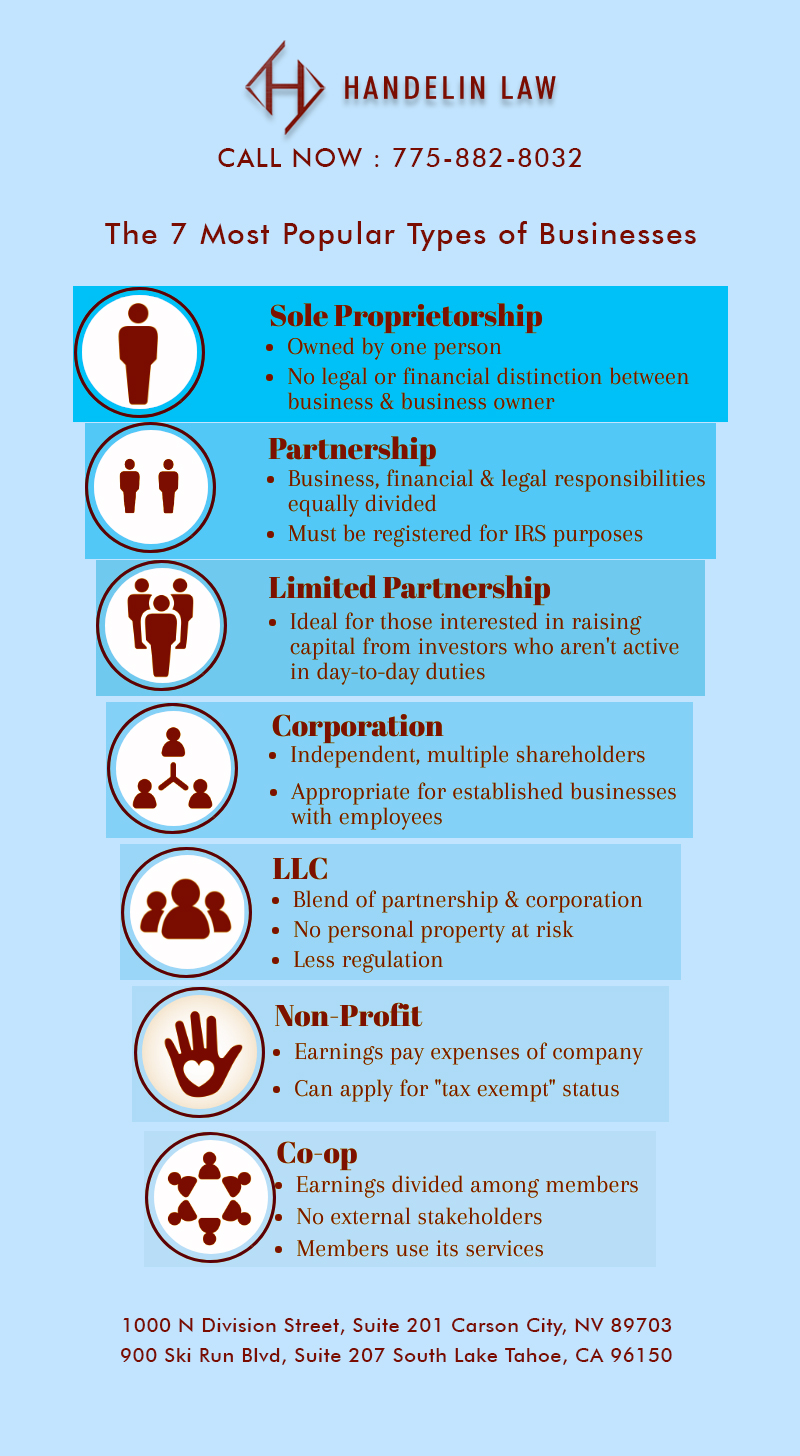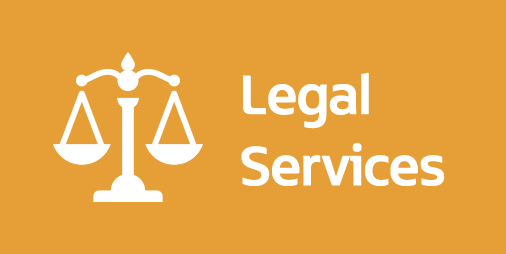In today’s society, many people are starting new businesses and they need to legally register their company. If a business is not registered, the owners may be breaking the law as they would be accused of running the business illegally. When a company wants to merge with another firm, they should have a written contract which both parties need to sign. These agreements should be drafted by a business lawyer who should guide the firms during the process. Business law covers a wide branch of knowledge across a variety of disciplines.
Business law covers all aspects of a trade from the registration of business to hiring
employees and selling goods across the globe. A business may need a lawyer to help with the relevant terms of agreement and sales and present them to the other parties. When a company wants to bid for tender or have a project, the lawyer needs to come up with various proposals to present to the other parties. At times, disputes arise and when there was no binding agreement, the business suffers a huge loss.
The seven most common types of Business Law:
1. Sole Proprietorship: A business owned by a single person.
2. Partnership: A business owned by two or more people who share responsibilities
3. Limited Partnership: General partner(s) run the business, while limited partners invest
4. Corporation: A fully-independent business with shareholders
5. Limited Liability Company (LLC): A mixture of a partnership and a corporation, designed to make it easier to start small businesses
6. Nonprofit Organization: A business that uses its profits for charitable purposes
7. Cooperative (Co-op): A business owned and operated for the benefit of the members of the organization that use its services

1. Sole Proprietorship:
A sole proprietorship is one of the most popular business types, namely because it’s one of the simplest and only requires a single person to create. In a nutshell, a sole proprietorship is a business that’s owned by just one person. An important thing to note is that there isn’t a legal or financial distinction between the business and the business owner, which means that you as the business owner are fully accountable for all of the profits, liabilities and legal services that your business may encounter. The nice thing about a sole proprietorship is that you don’t have to fill out any forms or go through any legal procedures to declare this type of business.
2. Partnership:
Two heads are better than one, right? If that’s the philosophy behind your business structure, then a partnership might be the best choice for you. A partnership might be appropriate if your business is owned by two or more people. Keep in mind that with this type of business, business responsibilities, including financial and legal, fall upon each business owner. Depending on how the ownership is divided (either equally or not), there are different types of partnerships for you to explore from a legal standpoint.
3. Limited Partnership:
A limited partnership, or LP, is an off-shoot version of a general partnership, and while it may not be as common, it’s a great bet for businesses who are looking to raise capital from investors who aren’t interested in working the day to day aspects of your operations. With a limited partnership, there are two sets of partners: The General Partner and the Limited Partner. The general partner is usually involved in everyday business decisions and has personal liability for the business. On the other hand, there’s also a limited partner (typically an investor), who is not liable for debts and don’t partake in regular business management of the company.
4. Corporation:
A corporation is a fully independent business that’s made up of multiple shareholders who are provided with stock in a business. Most common is what’s known as a “C Corporation,” which allows your business to deduct taxes much like an individual – the only problem with this is that your profits will be taxed twice, both at the corporate level and at the personal level.
5. Limited Liability Company (LLC):
Next on our list of business types is a Limited Liability Company, better known as an LLC. An LLC is a newer type of business that is a blend between a partnership and a corporation. Instead of shareholders, LLC owners are referred to as members. No matter how many members a particular LLC has, there must be a managing member who takes care of the daily business operations.
6. Nonprofit Organization:
A nonprofit organization is pretty self-explanatory, in that it’s a business organization that’s intended to promote educational or charitable purposes. The “non-profit” aspect comes into play in that any money earned by the company must be kept by the organization to pay for its expenses, programs, etc. Keep in mind that there are several types of nonprofits available, many of which can receive “tax exempt” status.
7. Cooperative:
The last on our list of seven popular types of business is what’s known as a cooperative, or a business that’s fully owned and operated for the benefit of the members of the organization that uses its services. In other words, whatever is earned by the cooperative is then shelled out among the members themselves, and aren’t required to be paid out to any external stakeholders, etc.

Entrepreneurs must be mindful of all the associated risks that come with launching a new company. Knowledge of business law goes a long way towards ensuring that all appropriate, legal obligations are being met. Many times, startup owners think that they will learn the legalities as the company progresses, but once things become hectic, many legal issues may be overlooked or forgotten. Remember, knowledge is power. If you are not sure of something, it is always best to consult with an attorney.









